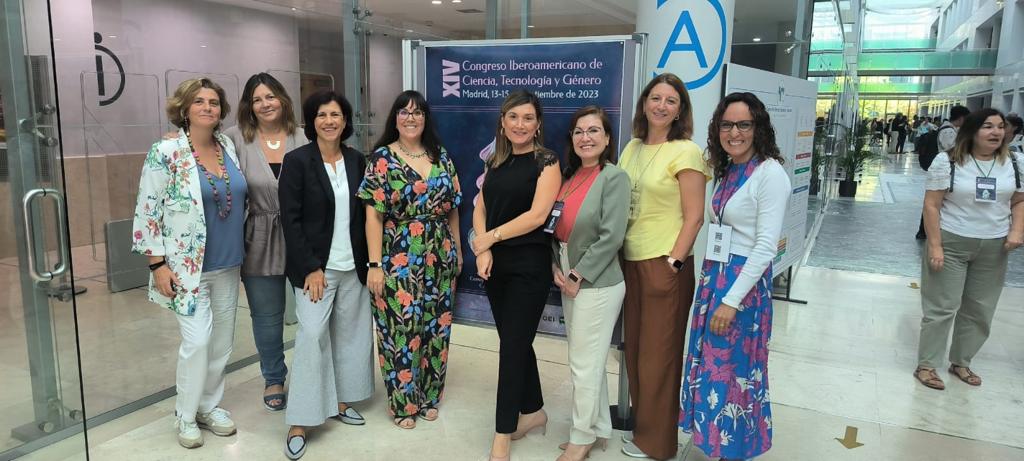The study reveals that women in IT careers find it more difficult to fulfil their work due to personal and childcare responsibilities.
The report, funded by the Women's Institute, analyses the contextual and gender-based difficulties women face in developing their careers.
The study 'The situation of computer science research in Spain', part of the Women@inf project funded by the Women's Institute and coordinated by the Women's Research Studies Institute and the Sociedad Científica Española de Informática (SCIE) through its Commission for Women and Computer Science, has assessed the factors contributing to the decline in the presence of women in computer engineering.
Through a questionnaire answered by 406 people (214 men and 192 women) belonging to research in Computer Science or members of scientific societies in the different areas of specialisation, it has become clear that 10% more women than men have encountered difficulties in fulfilling their work or academic tasks due to their personal responsibilities (59.5% compared to 50.2%). Within these responsibilities, childcare is considered to be the main obstacle to fulfilling their obligations, and it is also noted that the responsibility for the offspring continues to fall more heavily on women (78.6% compared to 65.5%). However, this is not the case when the cause preventing this correct professional development is burn-out, to which men seem to be more sensitive than women (30.1% compared to 22%).
In this context, 15.8% of women with dependants consider that caring for family members is the main obstacle to the development of their professional career, while this percentage drops to 7.5% in the case of men.
However, respondents also rated favouritism towards other people as the main obstacle to their careers, with women being the most disadvantaged (16.9% and 4.7%). The figure rises for women with dependants to 20% compared to 5% for men with dependants.
The report suggests that these, among others, may be some of the causes of the gender gap in universities, which widens as one moves up the career ladder. Specifically, a distance of 45 points is recorded for the position of Full Professor (or equivalent) and more than 69 points for the position of Professor (or equivalent).
The questionnaire on which the study was based consisted of 40 questions, organised into different dimensions: demographic questions (19), work-life balance (4), current context (6), and factors and causes (20).
This study was presented at the XIV Ibero-American Congress on Science, Technology and Gender held at the CSIC, Madrid, from 13 to 15 September 2023.
